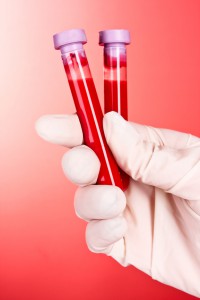
At the Issels® Center for Immuno-Oncology, we provide you with as much information as possible about recent medical research discoveries that advance your goals and ours of preventing, treating and curing cancer. One recent wonderful breakthrough could prevent cancer from the breast spreading to the brain.
While studying breast cancer, researchers from The Institute of Cancer Research of London and the University of Leeds found a protein that promotes the growth of new blood vessels. Why does this protein, which they have designated as DOCK4, matter?
Tumor Growth Cycle
Cancer needs food to survive and grow. This food, in the form of oxygen and nutrients found in blood, reaches existing cancer cells through blood vessels. When new blood vessels form close to these cells, the cells multiply and the cancer spreads.
The Research Results
The researchers learned the following about DOCK4 and cancer:
- DOCK4, along with another protein designated DOCK9, are critical to the formation of the interior of blood vessels — the channels through which blood flows.
- Removing DOCK4 and DOCK9 using precision techniques slowed blood vessel growth.
The researchers hope these results will one day assist them when creating new methods for halting the growth of secondary breast cancer tumors. Additionally, a better understanding of blood vessel formation could help them to create a method for identifying men and women who are at greater risk for getting brain and other tumors caused by breast cancer.
We are impressed at Issels® with this new research and extremely hopeful for what it means for the future of cancer detection and immunotherapy treatments. For more information, contact us today!





